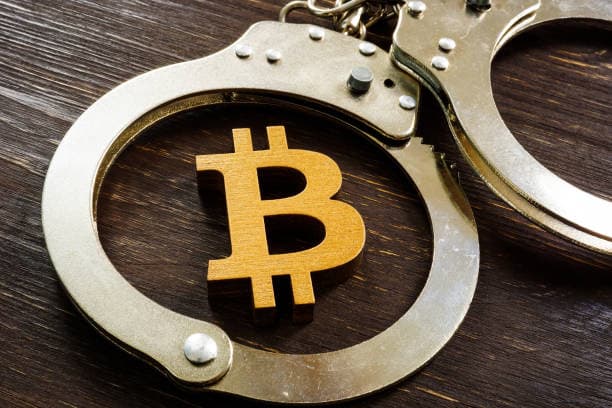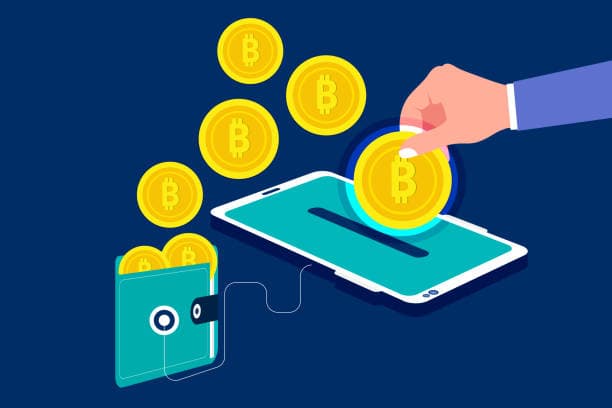Are virtual currency exchanges safe and secure?
In this article, we will explore how to assess the security and regularity of a virtual currency exchange. With the rapid development of the cryptocurrency market, many new exchanges are emerging, making many investors both excited and worried. How to choose a safe and reliable virtual currency exchange to avoid becoming a victim of fraud? This article will provide you with a detailed analysis of how to determine whether an exchange meets the safety standards, and offer some practical advice on choosing one to help you make a wise investment decision.

Key Factors in the Security of Virtual Currency Exchanges
When choosing a virtual currency exchange, security should be one of the primary considerations. Due to the unique nature of cryptocurrencies, the risk of irrecoverable loss of funds is extremely high. Therefore, it is important that the exchange's security facilities meet the highest standards. For example, strong encryption, dual authentication (2FA) and cold wallet storage are essential measures to protect user assets. Whether an exchange has a history of past security incidents or hacking attacks is also an important indicator of its security.
How can I tell if a virtual currency exchange is legitimate?
A proper virtual currency exchange will usually have a clear regulatory basis and will comply with the regulatory requirements of the relevant country or region. For example, in Taiwan, while there is not yet comprehensive regulation of all cryptocurrency exchanges, many exchanges choose to follow international financial norms to ensure that their operations comply with relevant legal requirements. Legitimate exchanges make public their registration information, operating licenses, and transparent financial reports, and provide clear customer service channels to ensure the rights of their users.
Tip: For example, well-known platforms such as Euronext not only provide comprehensive risk prevention measures, but also regularly provide compliance certificates to their users, which is an important indicator for choosing a formal exchange.
Exchange Protection Mechanisms: Protecting Against Hacking Attacks
Hacking has always been one of the biggest threats to virtual currency exchanges. Regular exchanges usually adopt multi-level security protection to safeguard user funds. For example, cold wallet technology stores most of the funds offline, so that even if the exchange's hot wallet is attacked, losses are minimized. Exchanges will also implement strict internal controls to ensure that only authorized staff can operate critical funds. Users also need to be aware of the need to open double authentication and other precautions to protect the security of their accounts.
Do I need to choose a regulated exchange?
Choosing a regulated exchange is important for investors, especially as cryptocurrencies are still in a relatively unstable legal framework. While the regulation of cryptocurrencies is not well established in some countries, there are exchanges that proactively comply with international norms, such as the CFTC (Commodity Futures Trading Commission) in the US and MiCA (Markets in Crypto Assets Act) in the EU. By choosing an exchange with a regulatory background, you can minimize the risk of fraud and irregularities, and protect the interests of your users.
Tip: Exchanges like Binance and Coinbase have regulatory licenses in a number of countries or regions, which provides some legal protection for users.
Other considerations when choosing a virtual money exchange
In addition to security and regulatory factors, users should also consider transaction fees, types of pairs, platform liquidity and customer service when choosing a virtual currency exchange. High-frequency traders may pay special attention to the exchange's fee structure, while long-term holders may place more emphasis on whether the exchange supports multiple crypto assets. 24/7 customer support service is also an important measure of a platform's professionalism.

Frequently Asked Questions Q&A
Q1: Do virtual currency exchanges necessarily need to be regulated?
A1: Regulation of cryptocurrency exchanges is still in its infancy in many countries, although regulation can provide additional safeguards. However, choosing an exchange that adheres to international regulations can reduce risk.
Q2: Will my funds be protected if there is a hacking attack on the exchange?
A2: Most formal exchanges will have insurance or compensation funds, but you will need to refer to the terms and conditions of the exchange for details. Security measures such as cold wallets and double authentication can also greatly reduce the risk of capitalization.
Q3: What are the key security features when choosing an exchange?
A3: Key features include: cold wallet storage, dual authentication, encryption technology protection, regular security audits, and transparent operational records.
With the above suggestions and methods, investors can be more confident in choosing the right virtual currency exchange for them, protect their funds and be able to trade smoothly on a stable and reliable platform.














